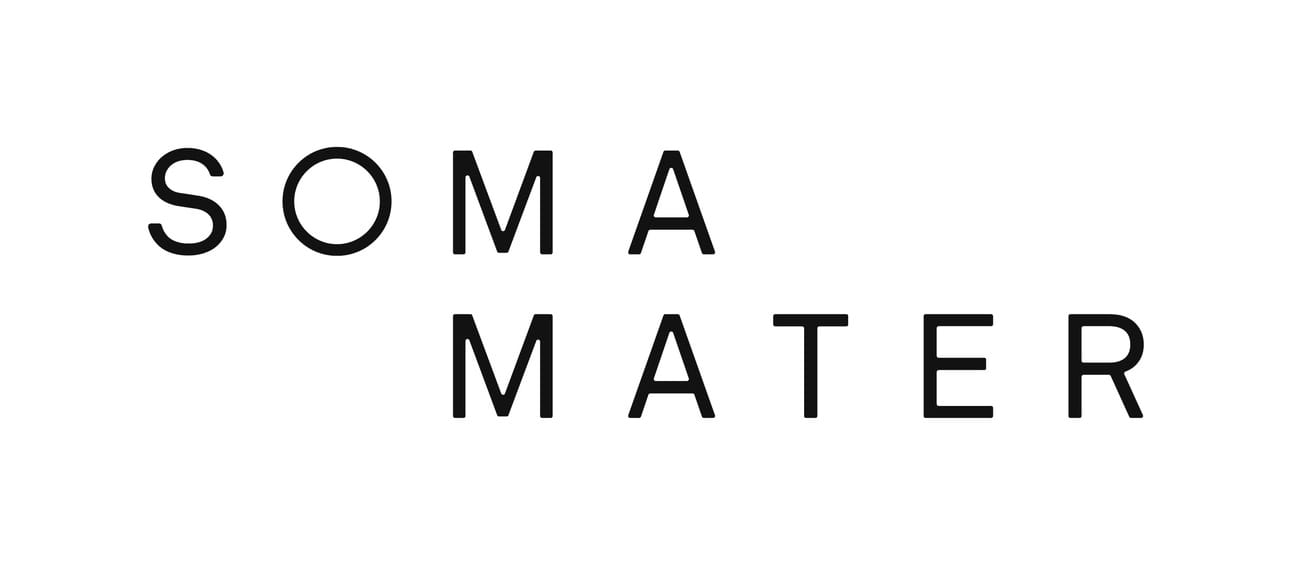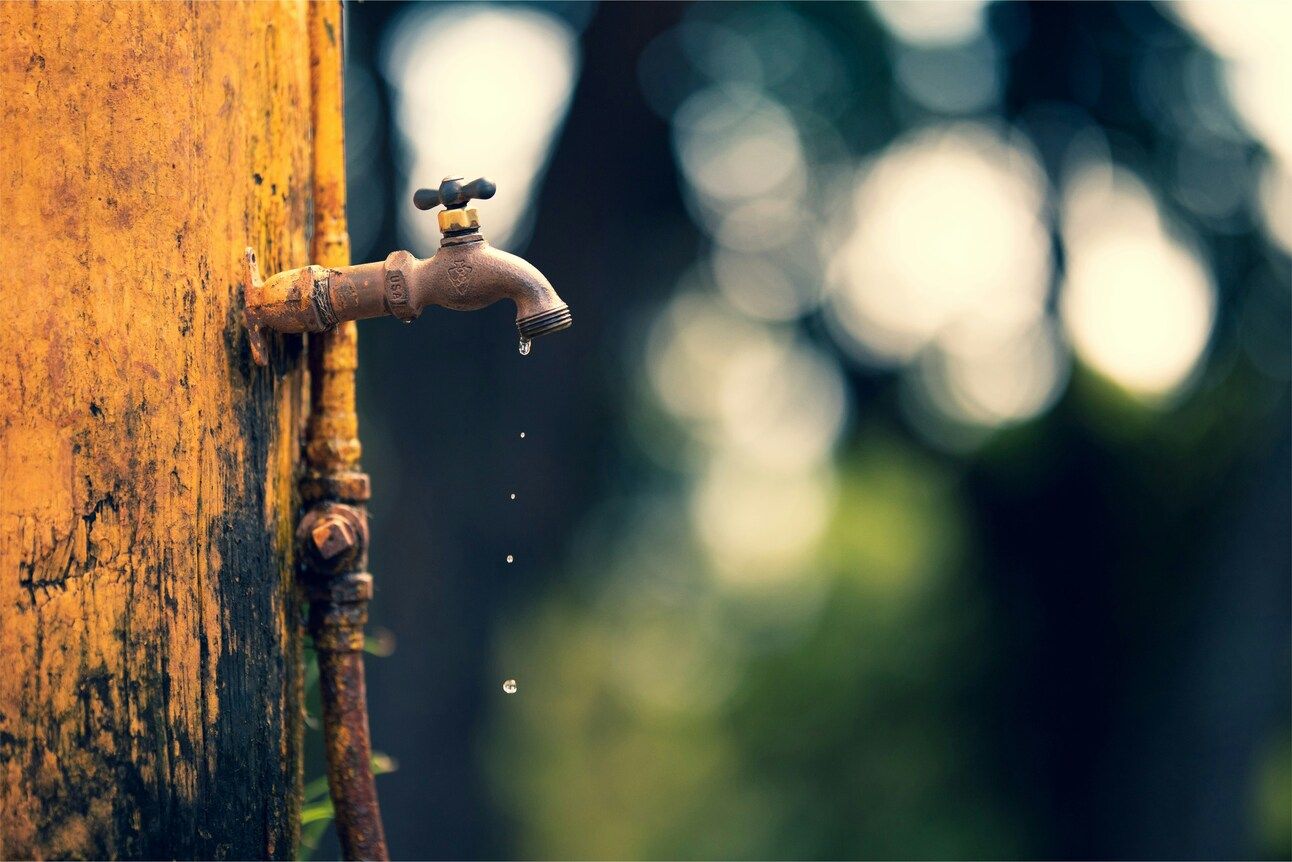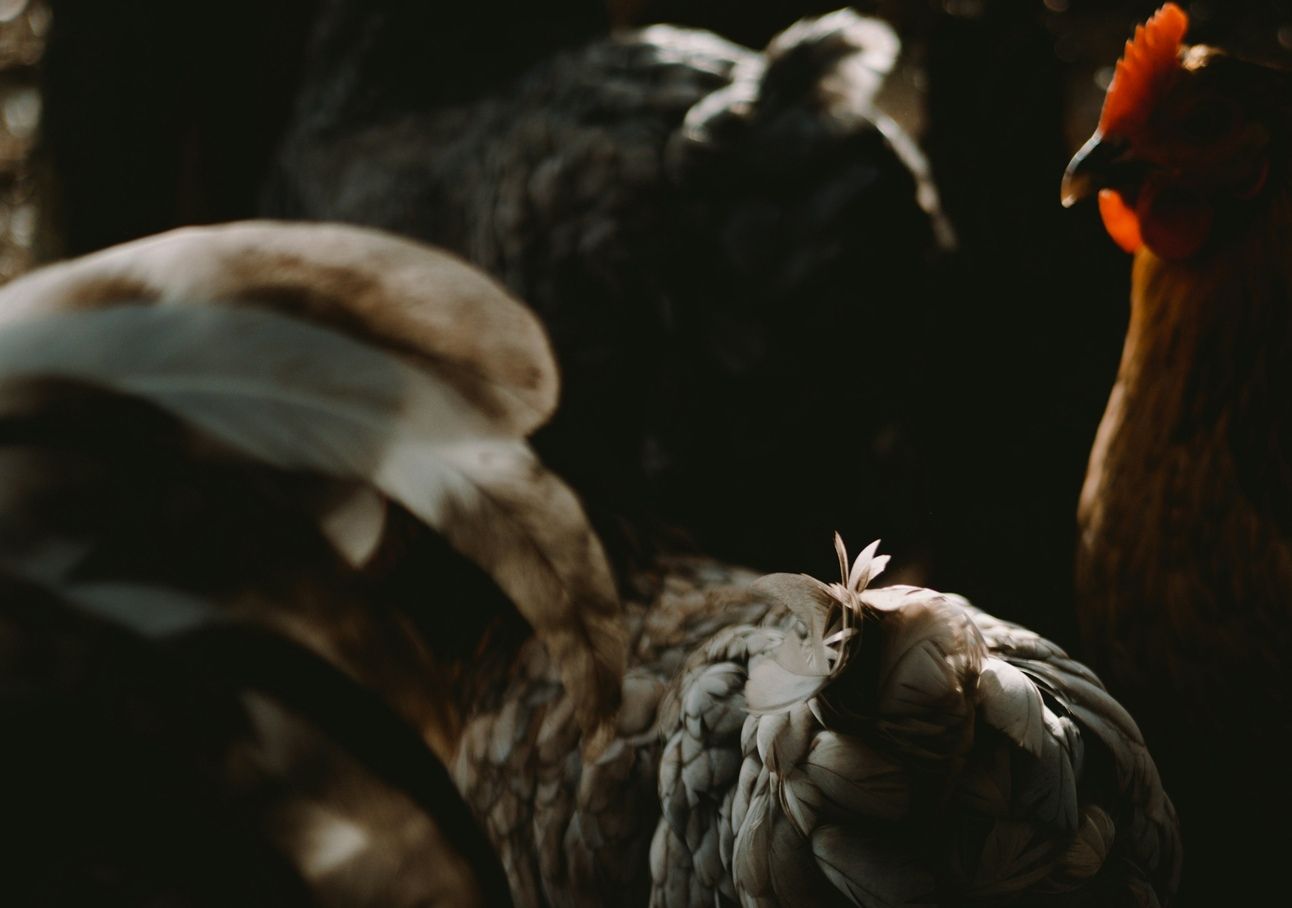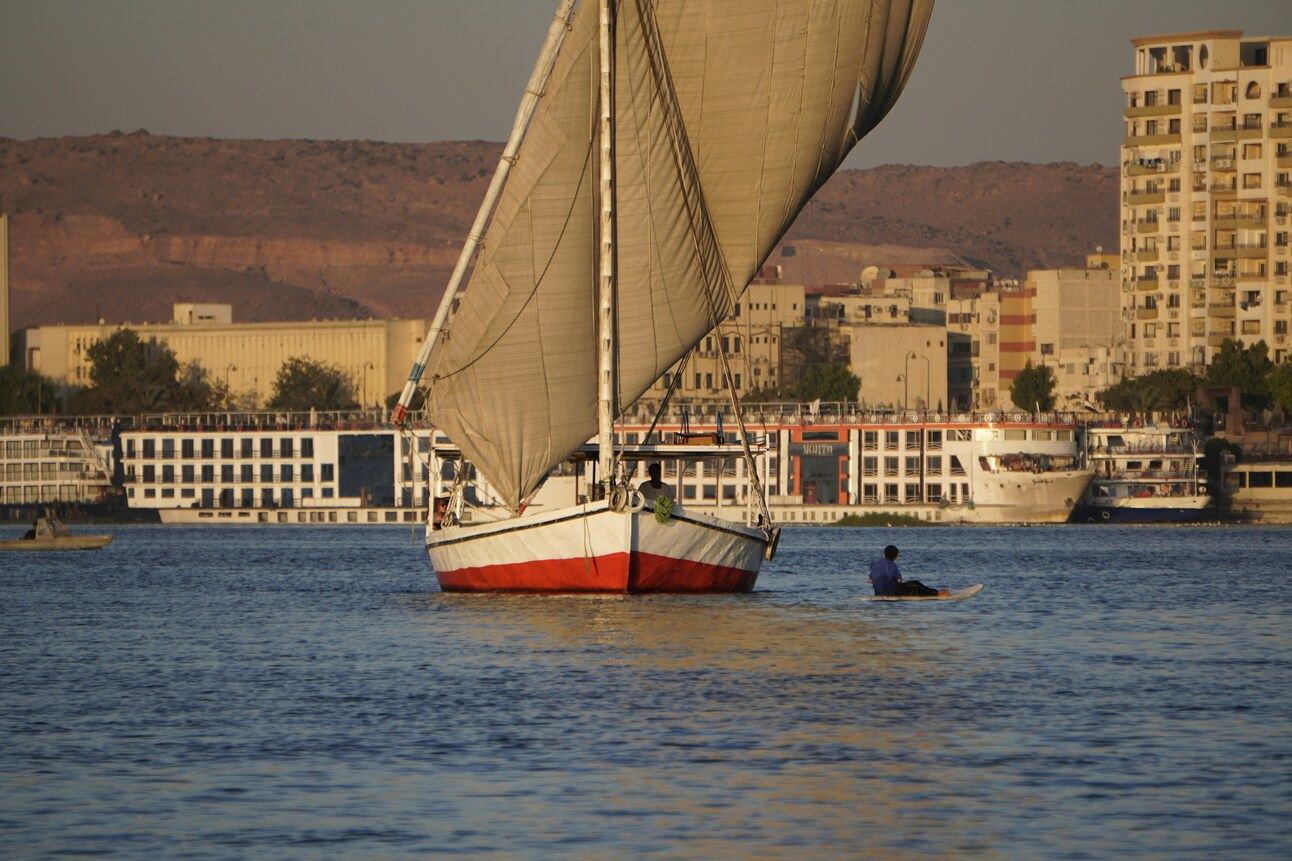- Soma Mater's Newsletter
- Posts
- SOMA Newsletter
SOMA Newsletter

Welcome to the SOMA MATER weekly newsletter.
At SOMA MATER, we specialize in delivering comprehensive research and advisory services with a focus on Food & Water Security and Net Zero Transition in the MENA Region. In order to support our subscribing clients in navigating these topics and understanding the regional narrative, we produce monthly Food and Water Security and Net Zero Transition Intelligence Reports, along with our in-depth analysis and insights.
This weekly newsletter highlights the top 3 stories from the past week in Food and Water Security and Net Zero transition, along with SOMA MATER's analysis and perspective.
What is the concept of a "water gap" and what does is it reveal about global water scarcity?
What is Saudi Arabia’s most recent partnership with Brazil to enhance its food security in the poultry sector, and what makes Brazil a strategic partner for this initiative?
What coastal protection project is Egypt implementing to address sea level rise in the Nile Delta region, and what is its scope?
Sustainably yours,
The SOMA team
Mind the Gap: Our Growing Water Puzzle
#FoodandWaterSecurity

A recent study published in Nature Communications reveals concerning findings about global water scarcity through a new measurement called "water gaps" - the difference between water availability and consumption. Currently, the global water gap stands at 458 cubic kilometers per year, with countries like India, the United States, Pakistan, Iran, and China facing the largest shortfalls. This metric provides a more precise understanding of water scarcity compared to traditional indicators, helping decision-makers quantify exactly how much additional water resources are needed.
Climate change is expected to exacerbate these water challenges. Under a 1.5°C warming scenario, the global water gap is projected to increase by 5.8%, while a 3°C scenario could lead to a 14.7% rise. India, already experiencing the largest baseline water gap of 124.3km3 per year, is expected to face even more severe challenges, along with China, Pakistan, the US, Spain, and Turkey. Interestingly, some regions, including parts of Africa and Southeast Asia, may see modest reductions in their water gaps.
To address these growing water challenges, experts recommend a varied approach. Solutions include reducing water consumption through improved irrigation efficiency and switching to less water-intensive crops, as well as expanding water infrastructure through investments in desalination technologies and water reuse systems. With irrigated agriculture accounting for nearly 90% of global water consumption, these adaptations are crucial for future water security.
SOMA’s Perspective:
We at SOMA MATER have been reporting on water insecurity emerging as a more prominent topic for the region. For too long, water security has been overshadowed by other environmental concerns. We believe the awareness phase of the water crisis is coming to an end, and we are now faced with the need for actionable solutions before these gaps become unbridgeable. In the MENA region water scarcity and arid environments present the challenge at its most extreme and we believe solutions developed here will not only serve the region, but the globe as well.
Sources:
Birds of a Feather: Saudi-Brazil's Grand Poultry Partnership
#FoodandWaterSecurity

The Food Development Company has entered into a strategic partnership with Brazilian poultry giant Vibra in a move towards enhancing Saudi Arabia's food security. The agreement was signed by Saudi Minister of Environment, Water and Agriculture Eng. Abdulrahman Al-Fadley and involves an investment of over $150 million to expand processing capacity and improve operational efficiency in the kingdom's poultry sector.
The partnership will unfold in two phases: initially focusing on investments in the Food Development Company's processing plants and acquiring a primary poultry processing unit in Brazil, followed by potential asset acquisition of additional Brazilian processing facilities. This collaboration is designed to boost local poultry production and processing capabilities while strengthening Saudi Arabia's position in the global poultry supply chain, aligning with Vision 2030's food security objectives.
Brazil currently holds a unique position in the global poultry market. Due to its avian influenza-free status, according to the World Organisation for Animal Health (WOAH), global demand has shifted towards Brazil. It has now become the leading supplier of Halal chicken meat to Middle Eastern countries, with significant exports to the UAE reaching 425 thousand tons by November 2024. Future growth prospects for 2025 will depend on maintaining this disease-free status.
SOMA’s Perspective:
This partnership continues Saudi Arabia's efforts to strengthen its poultry sector. Saudi Arabia aims to reach 80% self-sufficiency in poultry meat production by 2025, up from 68% in 2022. Poultry makes up about three-quarters of Saudi meat consumption, significantly higher than the global average of less than 40%. The industry struggles with feed supply issues, as feed makes up 70% of production costs. The Brazil partnership addresses these challenges directly, as Brazil also supplies corn to Saudi Arabia. This narrative reflects a strategic push toward food security and self-sufficiency in Saudi Arabia and the broader Middle East region.
Sources:
Dune Warriors: Egypt's Shield Against Rising Tides
#FoodandWaterSecurity

The Ministry of Planning, Economic Development, and International Cooperation has reviewed preliminary results of studies for the "Adaptation of the Northern Delta Affected by Sea Level Rise" project, a project focusing on the Northern Delta's sea level rise challenges. This initiative, part of the NWFE (Nexus of Water, Food & Energy) Program, brings together the European Union and European Investment Bank to address the impacts of rising sea levels in this vital agricultural region.
The project's scope is comprehensive, targeting five key governorates: Kafr El-Sheikh, Beheira, Damietta, Dakahlia, and Port Said. With a combined funding of 425,000 euros from the EU and EIB, the initiative aims to protect fertile agricultural land while supporting smallholder farmers through improved adaptation policies and agricultural diversification strategies. The funding will support consultancy services and essential studies for project implementation, focusing on developing tools and mechanisms to attract and engage the private sector.
The implementation involves plans to construct 69 kilometers of sand dune dikes using local materials. This nature-based solution is specifically designed to protect vulnerable hotspots within the Nile Delta Coastal Zone from sea level rise, which the Intergovernmental Panel on Climate Change (IPCC) has identified as one of the world's three "extreme" vulnerable areas to sea level rise.
SOMA’s Perspective:
This represents another instance of consistent European support for Egypt in its agricultural sector. Egypt has historically been of great value to Europe. Egypt's strategic importance to Europe spans multiple dimensions: it helps control Mediterranean migration, influences regional stability across the Middle East and North Africa, serves as a reliable counter-terrorism partner, represents a valuable market for European arms, and has emerged as a potential regional gas hub positioning Egypt as a significant contributor to Europe's energy security. Europe will therefore continue to guarantee ongoing support to Egypt to maintain stability, which depends heavily on its food security.
Sources:
https://panorama.solutions/en/solution/enhancing-climate-change-adaptation-north-coast-and-nile-delta-egypt#:~:text=The project focuses on constructing,the Nile Delta Coastal Zone.
SOMA MATER is writing Intelligence Reports on the topics of Food and Water Security and Net Zero Transition. If you’d like to know more, contact us through the link below: